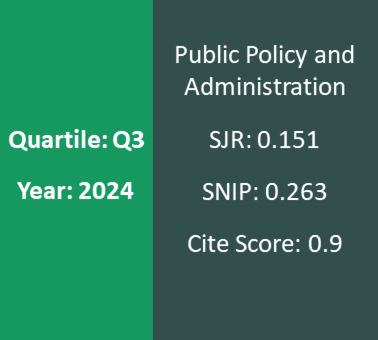Insights on Implementation of Quality Management at Higher Education Institutions
Keywords:
higher education, quality of study, management, quality management system, Bologna process, Tuning methodology, Dublin descriptors, competence, sustainable development, social responsibility, TQM, ISO 900, manuel-monograph.Abstract
The aim of this study is to show the importance of quality in the economics and social field and to highlight
peculiarities, problems and interferences of education quality assurance at universities and colleges within the
context of Bologna and Tuning methodology. Methodology: the paper is prepared using scientific, methodical
literature and legal acts, documentation comparative analysis and case study methodology. The conclusions are
based on the research as well as the experience of consultancy activities when developing quality management
systems at Lithuanian universities and colleges. Particular attention is drawn to general and special competences
and qualification requirements of bachelor’s and master’s degree. Quality of studies depends on such factors:
management level of the activities of the universities, financing, up to date study programs, professional lecturers,
training institutions, international integration of study programs, academic exchange of students and lecturers,
evaluation of study quality, quality culture, clear system of motivation and others. These factors have to be assessed
through the quality management system of universities or colleges and improvements need to be made. Most
education institutions implementing quality management tools and principles confront with such major problems:
complication of description of study quality concept and content; multiplicity of study quality indicators and their
measurement and assessment delicacy; lack of skills using TQM concept, its principles, ISO 9001, EFQM,
CEEMAN, EPAS, CAF management and accreditation models and quality methods; complication resolving university
work into interdependent managed processes and process thinking formation; inertia and sometimes even
resistance of a part of employees to fundamental changes. There are areas in higher education organizations that
need specific attention in order to make impact to root causes instead of showing and tackling final consequences.
The action plan needs to be developed by a top management to improve the system of assessment that could
highlight relevant areas of improvement of main and supportive processes. Other proposals and insights for improvement
of quality of high education were formulated.





